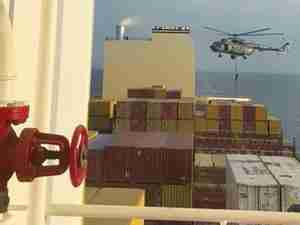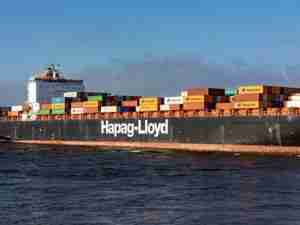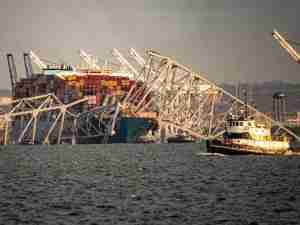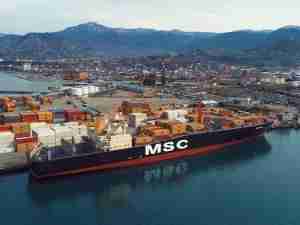Transpacific container lines say they are now seeing the first wave of service contracts signed by US importers of Asian goods, in what has been by most accounts a relatively slow contracting season.
TSA carriers report that initial contract signings in recent weeks have included significant rate increases, as well as staged increases in bunker surcharges to bring them closer to full TSA formula levels, and provisions allowing for monthly surcharge adjustments to match marine fuel price movements on world markets. Individual carriers have begun to advise customers that rate and surcharge provisions in current contracts are not sustainable, making it impossible to extend contracts beyond their April 30 expiry dates in order to complete negotiations or allow for additional shipments. In those cases, cargo tendered by customers on or after May 1 will begin moving at tariff rate levels.
Shipping lines remain convinced of the need for meaningful revenue improvement, and substantial fuel cost recovery through a full, floating bunker fuel surcharge adjusted monthly with fluctuations in world fuel prices. 'Admittedly, the carriers have sent mixed signals to the market in the past about whether we were truly serious in addressing revenue and cost issues in our pricing,' said Ronald D. Widdows, chief executive officer of Singapore-based container line APL Ltd. and chairman of the Transpacific Stabilization Agreement (TSA), a carrier research and discussion forum. 'Understandably, shippers were holding back to see if this time we're serious. I think it has become apparent that our industry faces a financial crisis, that past concessions on rates and fuel surcharges have now come back to affect service levels and carrier viability, and that yes, this time ' out of necessity ' the lines are quite serious.'
Widdows acknowledged that an important challenge for carriers has been to achieve a fundamental structural change in transpacific service contracts, allowing for a full, floating bunker surcharge that recovers a fairer portion of cumulative fuel cost increases not collected to date, and addresses ongoing price fluctuations over the contract term. The weighted average bunker fuel price in the Pacific topped a record US$543 per ton on April 14, as highway diesel fuel crossed the US$4 per gallon threshold for the first time.
'TSA carriers have sat down with customers and run the spreadsheets, showing the impact that fuel price volatility has had on their own individual sailings,' Widdows said. 'These are real costs that have been accrued over time and fully paid in other trade lanes. Carriers want to build as much pricing stability as possible into their contracts, but our largest single operating cost has nearly doubled in three years ' price certainty over the next 15 months in the current oil market is simply unrealistic for any of us to expect.'
In addition to re-establishing full, floating bunker surcharges, TSA lines are seeking rate increases in their 2008-09 contracts of US$400 per 40-foot container (feu) to the West Coast, and $600 per feu for intermodal and East Coast all-water shipments, along with a $400 per feu peak season surcharge in effect from June 1-October 31, 2008.









